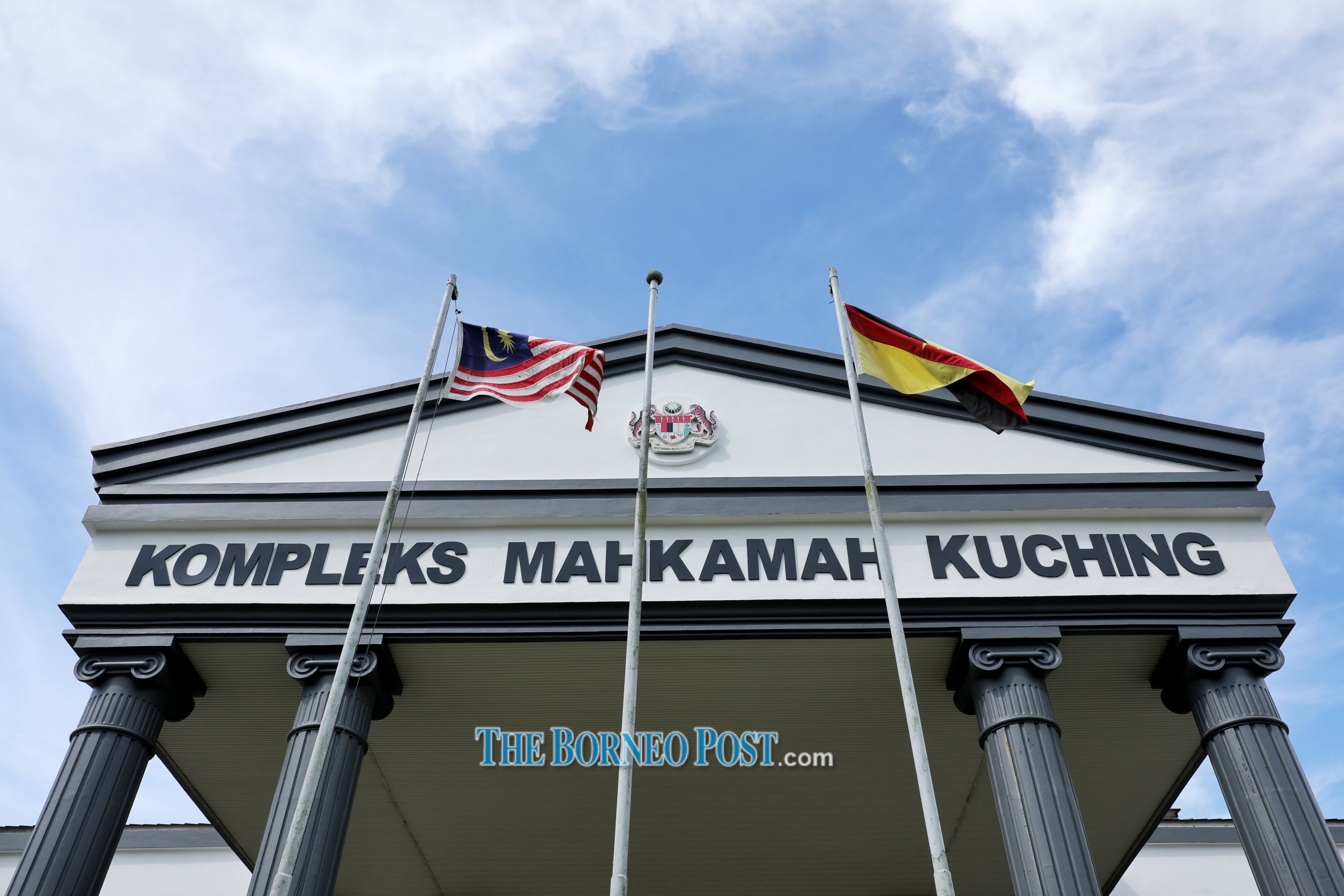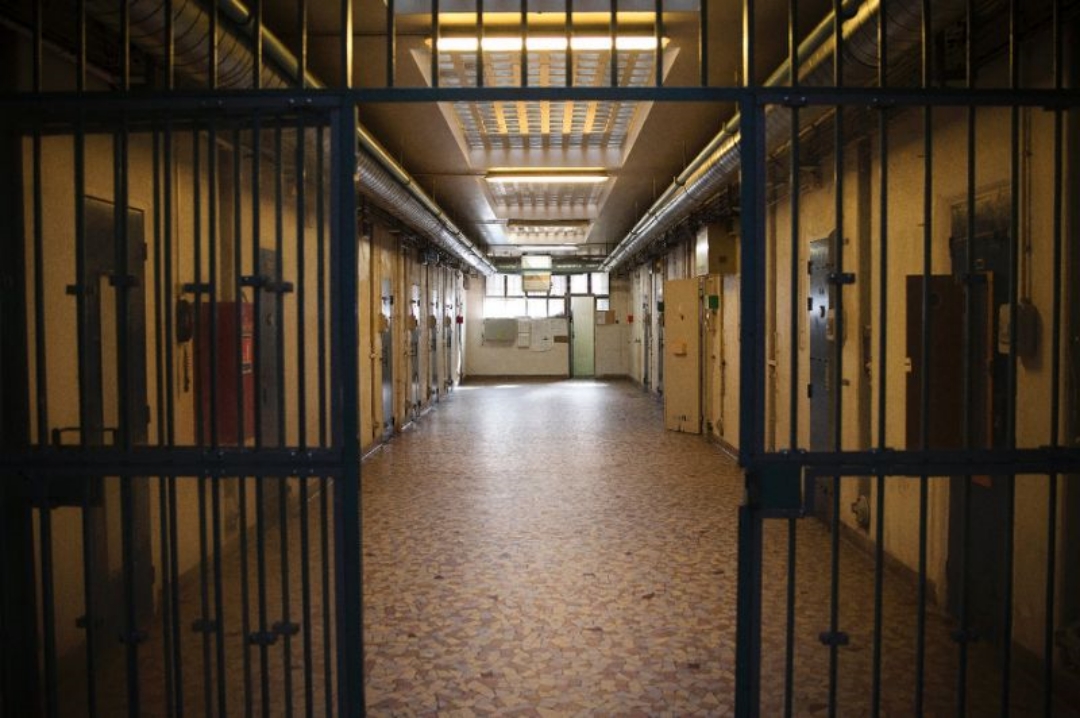ADVERTISE HERE

Photo shows the ‘Borneo Literature Bureau Annual Report 1972’, and the ‘Rules and Constitution of the Sarawak Literary Society of Sarawak’. — Photo courtesy of Auntie Di

AS I was going through my collection of newspaper clippings over the last weekend, two booklets fell off the shelf.
EUREKA!
One, a document which I had been looking high and low for a couple of years, The Borneo Literature Bureau (BLB) Annual Report 1972; and the other, the Rules and Constitution of the Sarawak Literary Society of Sarawak (SLS).
BLB, the Borneo Literature Bureau of pious memory, was a small government-funded publishing house dedicated to the production of books – entertaining, educational, whatever – in English, and in the indigenous languages of North Borneo and Sarawak.
When I was in Kota Kinabalu last November, I was introduced to a young man who told me that his father used to go to Kuching for discussions about book printing.
Of course, I remember having met Encik Sanin bin Haji Pandin. He was the Permanent Secretary to the Ministry of Social Welfare Sabah, and one of the officers representing Sabah government on the Board of Directors of the Bureau.
In Kuching, I was introduced to him by Edward Enggu, the then-director of the Borneo Literature Bureau in Kuching.
While on the flight back to Kuching, I was thinking aloud to myself: “Why can’t the governments of Sabah and Sarawak revive the BLB?”
The Bureau was established on Sept 15, 1959, as an inter-state department by the Government of North Borneo (Sabah) and the Government of Sarawak for some noble purposes.
Its main aim was to ‘meet all the literature needs of the people of Malaysia that are not met in other ways’.
Before going any further, please note the word ‘Malaysia’. This mention of the word exactly four years before the Federation of Malaysia was actually formed is interesting.
The colonial governors in North Borneo and Sarawak were already thinking about linking the two colonies in some political tie-up with Malaya.
Fifty years later, however, have all the literature needs of the people of Malaysia been met?
I leave you to answer that question yourself!
I do not see what could be the objection by the federal government to the revival of interest in a new organisation identical to the BLB, for the pursuit of quality education for all Malaysians.
Thanks are due to the early founders of Malaysia for their wisdom in insisting on the use of the English Language as the medium of instruction in schools in Sarawak, and to the present Sarawak government for retaining the use of that language for official communication in the state.
The federal government stresses the importance of Malay as the ‘National Language’, of course; together, the languages would serve Malaysia and Malaysians well.
It goes without saying that every Malaysian should learn and use it as widely as possible on a daily basis.
For readers this column who were born before 1972, I have copied extracts from the Bureau’s Report for 1972.
The ‘Functions of the Bureau’:
“2. The four main functions of the Bureau are:
- to encourage local authorship, and by this and other means obtain materials suitable to meet local needs and arrange for their publication and distribution;
- to assist in building up a local book-trade, especially selling, so as to facilitate the distribution not only of books published through the Bureau, but also other suitable books published locally or overseas;
- to provide a service to government departments which wish to publish information of a technical, semi-technical or instructional nature for the peoples of Sabah and Sarawak, and;
- to assist in encouraging, popularising and promoting the use of Bahasa Malaysia.
Please note well the wording of the fourth aim of the Bureau, i.e. the stress on the importance of the National Language.
The SLS was formed by Sarawakians who were aiming at quality education for the people of Sarawak in the managing of affairs in their state within the context of the Federation of Malaysia.
My memories flooded back to the time when, after 10 years in Malaysia, the yuppies in Kuching were active in forming clubs and groups of all descriptions.
One group led by Abang Yusuf Puteh, later State Secretary, started the Sarawak Literary Society.
He twisted my arm to get me involved in the activities of the ‘gang’ in 1972. I thought that the aims of the society were noble and joining it would do me no harm but good.
I like the way the rules were written.
“Rule 3. OBJECTIVES
In recognition of the dearth of literature available in Sarawak, the Sarawak Literary Society is established:
- to create and develop an awareness in and appreciation of the literary and historical heritage of Sarawak;
- to encourage the development of the literary talents of the present and future generations;
- to encourage the writing of biographies of prominent personalities in Sarawak (both living and those who have passed away);
- to encourage historical and political studies of Sarawak;
- to encourage anthropological (socio-economic, linguistic and other cultural) studies of the people of Sarawak;
- to encourage creative writing;
- to collect, retrieve, preserve, and publish historical materials, and;
- to sponsor and finance research and publication of materials relating to the cultural, historical heritage of Sarawak.”
These two organisations, started by Sarawakians and Sabahans with taxpayers’ money, are now extinct.
Sad beyond words! What happened? Why was it necessary to stop BLB from pursuing its objectives to the full?
Same applies to SLS. Who runs it now? Does any reader know where its office would be?
The answers to these two questions are beyond me.
All I can say is that it is high time that our present leaders took an interest in revisiting the aims and objectives of the BLB: to assist in encouraging, popularising and promoting the use of Bahasa Malaysia by recognising the translations of the books on or about Sarawak and/or Sabah from Malay to English, Iban, Kadazan, Mandarin and the other languages of the people of Sarawak and Sabah.
Any comments?









 English (US) ·
English (US) ·